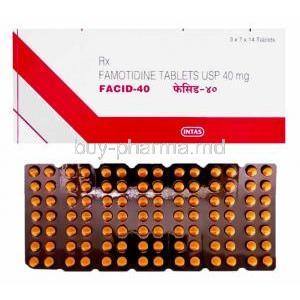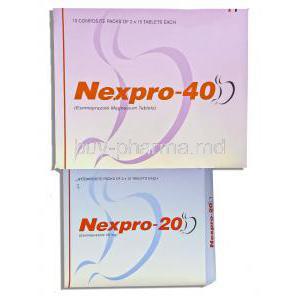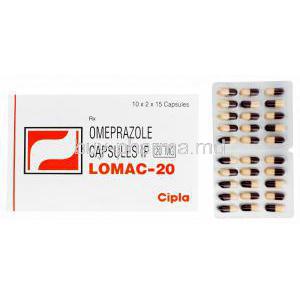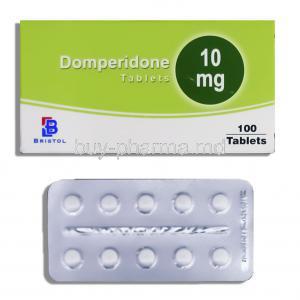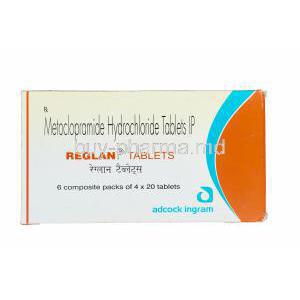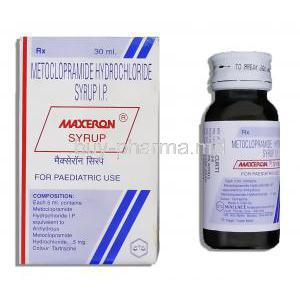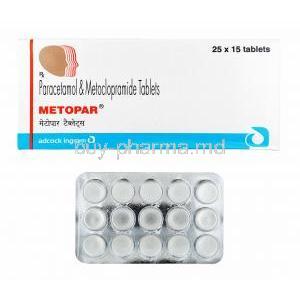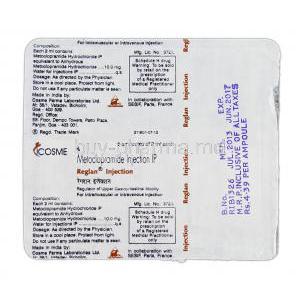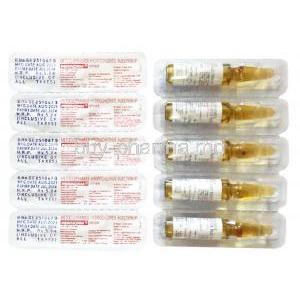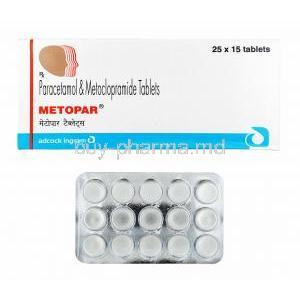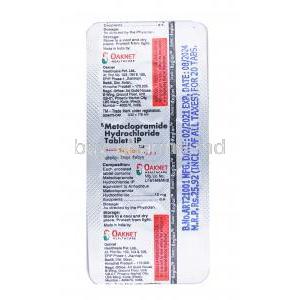Cimetidine
- I. Introduction to Cimetidine
- II. Understanding How Cimetidine Works
- III. Approved Uses of Cimetidine
- IV. Off-label Uses of Cimetidine
- V. Dosage and Administration Guidelines for Cimetidine
- VI. Special Considerations for Cimetidine Administration
- VII. Understanding the Side Effects of Cimetidine
- VIII. Cimetidine Overdosage
- IX. Cimetidine Interactions and Contraindications
- X. Warnings and Precautions with Cimetidine Usage
- XI. Storage and Handling Precautions for Cimetidine
I. Introduction to Cimetidine
A. Brief Overview of Cimetidine
Cimetidine a drug classified as an H2 receptor antagonist is mainly used to relieve symptoms and promote the healing of lesions caused by excessive gastric acid. This highly effective medication has proven to be incredibly useful in the treatment of acid-peptic conditions like gastric and duodenal ulcers Zollinger-Ellison syndrome, and gastroesophageal reflux disease (GERD).
B. Composition of Cimetidine
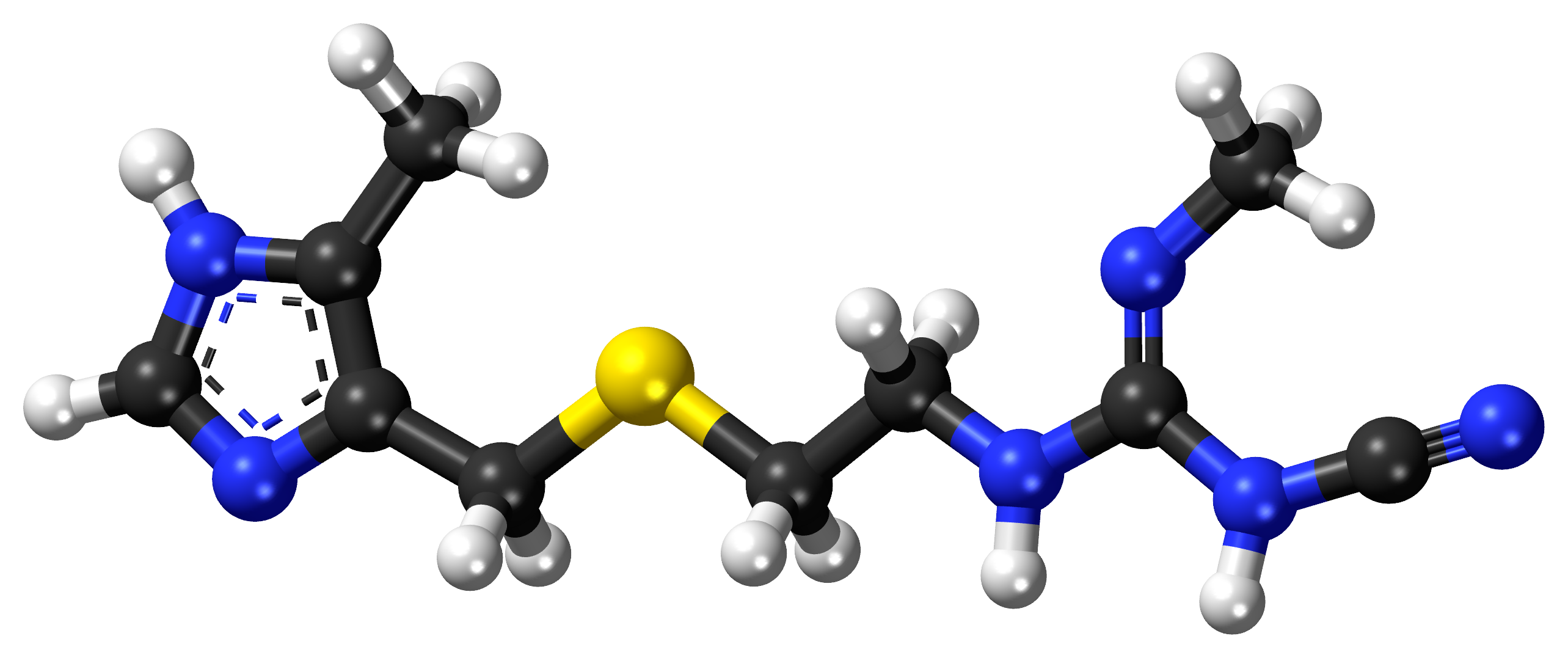
Cimetidine is the main component of this medication. It is a white to off-white crystalline compound that can dissolve in water. In addition to cimetidine, the tablets contain other inactive ingredients like microcrystalline cellulose, starch, and magnesium stearate. The precise composition may differ depending on the pharmaceutical company and the specific form of the medication, such as tablets or injections.
II. Understanding How Cimetidine Works
A. Pharmacodynamics of Cimetidine
Cimetidine demonstrates its effects through its unique pharmacodynamics. It competes with histamine to bind to the H2 receptors found on the lower membrane of gastric parietal cells. By inhibiting histamines' expected effects on these receptors, cimetidine effectively decreases gastric acid secretion. Additionally, cimetidine acts quickly. Within just one hour of oral administration, gastric acid production begins to reduce. Its peak concentration in the bloodstream is typically reached within one to three hours. The drug has a biological half-life of approximately two hours, and its impacts can endure up to 12 hours.
B. The Mechanism of Action in Treating Conditions
Cimetidines' effectiveness in treating various gastric conditions stems from their powerful mechanism of action. Its ability to suppress gastric acid production is particularly beneficial for treating conditions marked by excessive stomach acid. This reduction in acidity promotes the healing of ulcers and helps prevent the worsening of symptoms associated with GERD. For example, in gastric and duodenal ulcers, the decrease in gastric acid production aids in the healing process of the stomach lining. Similarly. When it comes to GERD. Lowering the acidity of stomach contents helps protect the esophagus from damage and irritation caused by reflux. Moreover, cimetidine controls acid secretion in patients diagnosed with Zollinger-Ellison syndrome—the presence of gastrin-secreting tumors leads to excessive stomach acid production.
III. Approved Uses of Cimetidine
A. Gastric and Duodenal Ulcers
Cimetidine is a drug that blocks your stomach from releasing acid. It belongs to a class of drugs called H2 blockers. Cimetidine can prevent and heal inflammation and ulcers caused by acid damage to the esophagus, stomach, and duodenum by reducing the amount of acid in the stomach. It can also relieve symptoms such as stomach pain, heartburn, difficulty swallowing, cough, and trouble sleeping.
Cimetidine is a valuable treatment option for gastric and duodenal ulcers. It helps both acute and chronic ulcers heal by reducing stomach acid levels, promoting the healing of these erosive sores, and aiding in the recovery of the damaged mucosal lining. Cimetidine also has preventive properties. They lower the likelihood of ulcer recurrence.
Here are some references for you:
1. GoodRx
2. MedicineNet
3. Drugs.com
4. Springer
B. Gastroesophageal Reflux Disease (GERD)
Cimetidine is a stomach acid reducer used to treat and prevent certain stomach ulcers. It also treats gastroesophageal reflux disease (GERD) when stomach acid backs up into the esophagus and causes heartburn.
Here are some references for you:
1. Drugs.com
2. MedlinePlus Drug Information
C. Conditions Associated with Excessive Stomach Acid Production
Cimetidine is frequently prescribed to individuals with increased stomach acid production conditions, such as Zollinger-Ellison syndrome. This medication possesses antihistaminic qualities that aid in reducing the production of stomach acid. Doing so prevents the harmful consequences linked to excessive acidity in the stomach. As a result, the patient's symptoms are relieved, and their overall quality of life improves.
Here are some references for you:
1. PubMed
2. Mayo Clinic
IV. Off-label Uses of Cimetidine
A. Potential Treatment for Warts
Cimetidine is not approved for usage by the FDA for addressing cutaneous warts. However, it has been employed off-label for this purpose. Scholars propose that cimetidine's immunomodulatory properties might contribute to its efficacy in wart treatment. Various studies have suggested potential benefits, particularly among pediatric patients, although additional research is needed to establish definitive treatment protocols.
Here is a reference for you:
1. PubMed
B. Use in Cancer Therapy
Research suggests that cimetidine might possess anticancer properties. Initial findings indicate its potential to enhance the efficacy of specific chemotherapeutic agents. However, these applications are currently limited to experimental settings. To establish cimetidine's role in cancer treatment, extensive and large-scale clinical trials would be needed to ensure its viability as a standard practice.
Here is a reference for you:
1. PubMed
C. Use in Hirsutism Treatment
An alternative use for cimetidine has been discovered in treating hirsutism – a condition characterized by excess hair growth – thanks to its antiandrogenic properties. Through its ability to hinder the action of androgen hormones. Studies have indicated that cimetidine can effectively decrease unwanted hair growth in women. Nevertheless. Caution should be exercised as this particular application warrants consideration only after other established treatments have proven unsuccessful due to the requirement for higher doses and the risk of potential side effects.
Here is a reference for you:
1. PubMed
V. Dosage and Administration Guidelines for Cimetidine
A. General Guidelines for Dosage
Proper administration of Cimetidine is of utmost importance to achieve optimal therapeutic results in the case of adults. Taking 800mg at bedtime or 400mg twice daily is generally advised. Whether you take it with or without food is entirely up to you. It is essential to adhere strictly to the prescription given by your healthcare provider and refrain from surpassing the recommended dosage.
B. Adjustments for Specific Conditions
Certain health conditions may require adjustments to the dosage. For example, it is essential to decrease the dosage to prevent excessive medication accumulation in individuals with renal impairment. Before making any modifications to the dosing schedule, it is crucial to consult with a healthcare professional. They will carefully consider the patient's medical background, the severity of their condition, and how they respond to the medication.
VI. Special Considerations for Cimetidine Administration
A. Administration to Elderly Patients
When administering cimetidine to elderly patients. It is essential to exercise caution due to the possibility of age-related decline in renal function. It may be necessary to make dosage adjustments to consider this reduced renal clearance. Additionally, it is recommended that these patients be closely monitored for any potential adverse reactions as they are at a higher risk.
B. Administration in Pregnant Women and Nursing Mothers
As per its categorization of pregnancy category B suggesting no proven risk in humans Cimetidine may be considered safe during pregnancy. However, it is essential to approach its usage with caution and prudence. It should only be used when there is an apparent necessity, and the likely advantages justify any potential risks. Moreover, one must be careful while administering cimetidine to breastfeeding mothers since it can pass into breast milk.
C. Administration in Children
Although considered safe for children overall, it is essential to highlight that administering Cimetidine requires careful adjustment of its dosage according to a child's weight. To guarantee optimum effectiveness and safety during treatment, healthcare providers diligently assess and prescribe an accurate dose considering conditions' severity and type.
D. Careful Administration to Patients with Liver and Kidney Disease
Patients who have liver and kidney disease need to take Cimetidine with caution. These individuals may have difficulty eliminating the drug from their bodies, which can result in higher levels of Cimetidine in their blood. As a result, these patients must receive lower doses or less frequent administration of the medication as advised by a healthcare professional.
VII. Understanding the Side Effects of Cimetidine
A. Common Side Effects
B. Less Common and Potential Serious Side Effects
Although uncommon, there is a possibility of experiencing potentially serious side effects. Mental and mood changes, irregular heartbeat, and difficulty with urination fall within this category. Additionally, severe allergic reactions have been reported infrequently. To address any ongoing symptoms or if they worsen unexpectedly. It is essential to seek medical attention to promptly ensure proper care and evaluation.
C. Handling and Managing Side Effects
Patients are highly recommended to communicate any adverse reactions they experience expeditiously with their healthcare provider to handle side effects in numerous cases properly. Adjustments in dosage or the inclusion of extra supportive care can effectively manage these undesired effects. Importantly. Patients should consult with their healthcare provider before discontinuing the medication since doing so without professional guidance may deteriorate their condition.
VIII. Cimetidine Overdosage
A. Symptoms of Cimetidine Overdose
Cimetidine overdose. While not frequently observed. Can manifest noticeable symptoms. These may encompass feelings of nausea, throwing up and experiencing loose stools, and excessive salivation. Encountering breathing challenges and an unusually rapid heartbeat. In severe cases, one may experience mental disorientation, restlessness, or even a decline in the functioning of the central nervous system. It is crucial to seek urgent medical assistance if these indications arise.
B. Immediate Actions to Take in Case of Overdose
If an overdose of Cimetidine occurs, it is essential to seek immediate medical assistance. The first step is to promptly get in touch with a healthcare professional or a poison control center. Supportive care and close monitoring are often required to handle the symptoms associated with the overdose effectively. In extreme cases or when dealing with patients with kidney problems, hemodialysis might be considered as cimetidine can be eliminated through this process.
IX. Cimetidine Interactions and Contraindications
A. Potential Drug-Drug Interactions
Cimetidine possesses the potential to interact with several other medications. These interactions can modify the functioning of the drugs or escalate the chance of experiencing side effects. It is worth noting that specific interactions require attention, namely: 1. Warfarin: Cimetidine can intensify the effects of warfarin. Hence increasing the risk of bleeding. 2. Phenytoin: Using cimetidine may result in elevated serum concentration levels of phenytoin. Leading to a higher likelihood of toxicity. 3. Antifungal drugs: When used alongside medications like ketoconazole. Cimetidine may decrease their effectiveness. To prevent any detrimental interactions from occurring. Patients are advised to maintain an all-inclusive list of their medications and share this information with their healthcare provider.
B. Food and Lifestyle Interactions
The process through which cimetidine is absorbed remains unaffected mainly by food intake. However, it is important to recognize that specific lifestyle choices (e.g., consumption of alcoholic beverages) possess considerable power in shaping the overall action within our bodies. By way of illustration, individuals taking cimetidine must be aware that it has the ability to heighten the impact exerted by alcohol, thus increasing susceptibility to gastric irritation and potential damage. Henceforth. It would be prudent for such individuals to exercise caution and avoid imbibing alcoholic drinks while undergoing treatment with this medication.
C. Contraindications of Cimetidine Usage
Even though Cimetidine is generally well received by patients. There exist prescribed conditions where its usage must be refrained from. Individuals displaying hypersensitivity towards the drug or its compound elements are advised against using Cimetidine. Furthermore, patients concurrently taking medications like dasatinib and dofetilide should exercise caution due to potential drug interactions. Individuals must engage in open dialogue with a healthcare provider, thoroughly discussing their comprehensive medical history and ongoing medication regimen before embarking on Cimetidine treatment.
X. Warnings and Precautions with Cimetidine Usage
A. Important Safety Precautions to Follow
When utilizing Cimetidine as directed, it is critical to adhere to safety precautions diligently. One must follow their healthcare provider's instructions explicitly and not make modifications or cease taking the medication without proper guidance from a professional. Individuals with a medical history involving liver, kidney, or lung diseases merit special consideration as their conditions may necessitate an adjustment in dosing requirements or specific examinations to ensure the safe administration of Cimetidine. Being vigilant about promptly reporting any undesirable reactions or atypical symptoms enables patients to maintain good health while employing this medication responsibly. Consistently attending scheduled follow-up appointments becomes integral for monitoring therapeutic efficacy and recognizing potential side effects associated with this treatment option.
B. Risk Factors and Warnings Associated with Long-Term Usage
The long-term use of Cimetidine may pose potential complications. One of these risks is the possible development of Vitamin B12 deficiency due to reduced absorption, particularly in older patients or those taking high doses. Additionally, there is a rare chance of experiencing mental confusion, especially in older adults or critically ill individuals. Therefore. Regular medical evaluations must be conducted when Cimetidine is required for extended periods to monitor these risks.
XI. Storage and Handling Precautions for Cimetidine
A. Recommended Storage Conditions
To maintain Cimetidine's effectiveness unblemishedly. Appropriate storage conditions should be observed. It should be kept within the temperature range of approximately 20°C - 25°C (68°F -77°F). Precautions must also be taken to protect this valuable medication from excess moisture and intense light exposure. Recognizing that the bathroom often harbors an environment prone to high humidity levels unfit for storage purposes makes storing this medicine in such surroundings inadvisable. Lastly, to uphold the safety of children and pets, it is crucial to ensure that Cimetidine is stored beyond their reach.
B. Safety Measures during Handling
When administering Cimetidine. It is imperative to adhere to basic hygiene and safety protocols. It is essential to wash your hands thoroughly before and after handling this medication. Unless expressly advised by a healthcare professional. Refrain from splitting or crushing the tablets using the tablet form. Additionally, exercise caution to prevent any contact between the medication and your eyes or skin, as there is a possibility of experiencing irritation.
C. Disposal Considerations for Expired or Unused Medicine
It is important to note that expired or unused Cimetidine should not be disposed of through wastewater or household waste. Instead, returning the medication to a pharmacy or participating in a local disposal program is highly recommended. This precautionary measure aims to prevent any potential harm the medication may cause the environment. As well as accidental ingestion by children or pets. To ensure proper disposal. It is crucial to consult local guidelines or seek advice from a healthcare provider or pharmacist.


